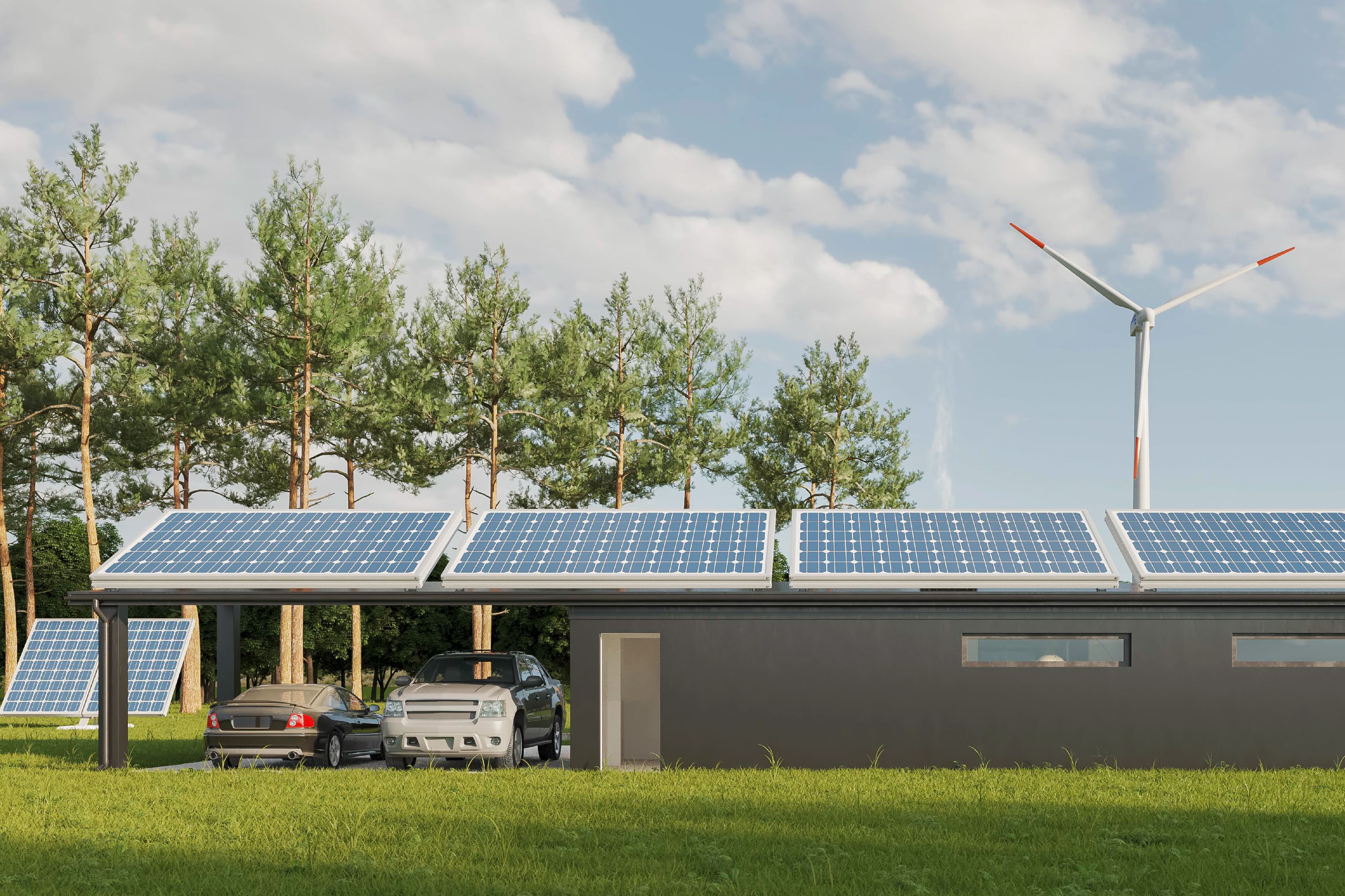
Don’t Buy A Solar Power System Until You Read These 5 Key Factors
As the world continues to search for sustainable energy sources, solar power stands out as a leading option. This renewable energy source harnesses the sun's energy to produce electricity, offering an eco-friendly alternative to traditional fossil fuels. Solar power reduces greenhouse gas emissions and provides numerous long-term benefits for homeowners, businesses, and the environment.
In this blog, we'll cover 5 tips to help you save time and money before buying and installing a solar power system at your home or office.
-
Evaluate Your Energy Needs
Assessing your current energy consumption determines the size of your solar system to meet your electricity demands. A solar power system is sized based on your monthly or yearly electricity usage, so reviewing past utility bills can give you an idea of how much energy you need to generate. If your home or business uses more energy than average, you may require a larger system to cover those costs.
-
Consider Your Location and Roof Space
Consider the location, weather conditions, and any shade from trees or buildings. Areas with consistent sunlight will benefit more from solar power than regions with frequent cloud cover. Additionally, having sufficient roof space to install solar panels is essential. The more roof space you have, the more panels you can install, which increases energy generation capacity.
-
Assess System Costs and Incentives
The upfront cost of purchasing and installing a solar power system can vary depending on the size of the system, the type of panels, and the installation complexity. It's important to get several quotes from reputable solar providers and compare prices. Fortunately, various financial incentives, including tax credits and rebates, are available for solar installations.
-
Choose the Right Solar Power System Type
There are two main types of solar systems: grid-tied and off-grid. A grid-tied system lets you stay connected to the local utility grid, while an off-grid system is entirely independent. Grid-tied systems are typically more cost-effective because you can draw power from the grid when your system isn't producing enough energy. Off-grid systems require batteries to store excess energy, which adds to the overall cost but offers greater energy independence.
-
Installation and Maintenance Considerations
A professional installer must install a solar power system to ensure a correct and safe setup. Once installed, regular maintenance is important to ensure that your system is operating efficiently. Solar panels require minimal maintenance, but occasional cleaning and inspections will help keep them in optimal condition for long-term performance.
In conclusion, purchasing a solar power system is a significant investment that requires careful thought and planning. It is essential to approach this decision with a comprehensive understanding of your unique energy needs and the factors that can influence the effectiveness of your solar installation. By doing so, you can avoid common pitfalls and ensure that your investment aligns with your long-term energy goals.
